Are you a marketer looking to stay ahead of the curve? Do you want to know how artificial intelligence (AI) can help you reach your target customer faster and more effectively? Then this blog post is for you! We’ll discuss AI’s impact on marketing, from understanding customer behavior and predicting trends to automating tasks and personalizing campaigns. Get ready to learn about the power of AI in marketing!
The Impact of AI on Marketing
The advent of artificial intelligence (AI) has revolutionized the way we do business, and marketing is no exception. AI has become increasingly important to marketers as they seek to gain a competitive edge in a crowded marketplace. AI is changing how companies interact with customers, providing more personalized experiences and helping marketers better understand their target audience. AI-driven marketing enables companies to segment their customer base better and target them with more relevant ads and campaigns. AI also helps marketers automate specific tasks, allowing them to focus on more creative aspects of their jobs. In this blog post, we will explore the impact of AI on marketing and how companies can leverage this technology to gain an advantage in today’s digital world.
What is AI?
AI, or artificial intelligence, is a technology that enables machines to learn and complete tasks without the need for human input. AI is a powerful tool that can be used to analyze enormous amounts of data and identify patterns and correlations that would otherwise be impossible to detect. This helps marketers make better decisions about their campaigns and effectively target the right audiences. AI can also automate tasks such as segmenting customers, running email campaigns, measuring performance, and optimizing ads. AI is increasingly crucial in marketing by improving customer experiences, increasing efficiency, and providing valuable insights into consumer behaviors.
AI and Machine Learning in Marketing: What Does it Mean?
AI, or artificial intelligence, is a technology that can analyze data and use it to make decisions. In marketing, AI is used to automate tasks, optimize campaigns, and provide insights that can help companies reach new customers.
Machine learning is a type of AI that uses algorithms to learn from data and improve its accuracy over time. This makes it possible for AI to automate tasks and provide more accurate insights into customer behavior. Machine learning algorithms can analyze customer data, develop predictive models, and recommend customer products or services. This helps marketers target the right audience with the right message at the right time. AI and machine learning can also personalize customer experiences and provide customized recommendations. By using AI-powered analytics and insights, marketers can create personalized content for customers that will help them build relationships with their target audience and increase loyalty. AI also helps automate tasks in the marketing department, such as analyzing customer data, optimizing campaigns, and creating content. Finally, AI-powered chatbots can efficiently handle customer service inquiries and address customer needs quickly.
By leveraging AI and machine learning in marketing, companies can take advantage of valuable insights into customer behavior, create more personalized experiences, improve customer service, and optimize their campaigns for better results.
How AI Can Help Companies Reach New Customers
AI technology can help businesses reach new customers by providing them with insights into customer behavior, preferences, and interests. AI-driven predictive analysis can help companies understand what kind of content and offer their customers are likely to respond to. Additionally, AI-based personalization can help companies tailor their content and provide it to each customer. By using this data, businesses can create targeted marketing campaigns that are more likely to succeed in reaching new customers. AI-powered analytics and insights can also optimize existing campaigns and help companies identify new marketing opportunities.
The Benefits of Using AI for Marketing
AI is a powerful tool for marketers and businesses alike. It can help you increase efficiency, improve customer engagement and loyalty, and drive sales. AI-powered platforms, such as predictive analytics, can provide marketers with valuable insights into customer behavior and preferences, allowing them to personalize their marketing efforts. AI can also automate tasks in the marketing department, such as email marketing, digital ad campaigns, content creation, and more. AI-enabled chatbots can also provide an improved customer service experience by providing automated responses and improving customer satisfaction. By leveraging the power of AI, marketers can save time and money while also improving the overall effectiveness of their marketing efforts.
How AI Can Help Personalize the Customer Experience
One of the key benefits of AI for marketing is its ability to help companies personalize the customer experience. AI-powered marketing automation tools can learn from customer data to create personalized messages and experiences. For example, AI-based systems can analyze customer data to recommend products and services more likely to interest them. AI systems can also identify customer segments and create targeted campaigns that are more likely to convert. AI-based customer segmentation can help marketers optimize their advertising budget by targeting customers more accurately with tailored ad campaigns. Using AI to personalize the customer experience, companies can build more meaningful relationships with their customers and increase customer loyalty.
AI-Powered Analytics and Insights for Marketers
With AI-powered analytics and insights, marketers can better understand their target audience and buying behavior. By leveraging AI-driven data analysis, marketers can comprehensively view their customer’s needs, interests, motivations, and purchase history. This data can create more effective marketing campaigns tailored to the individual customer. AI-driven analytics can also measure the effectiveness of campaigns, allowing marketers to optimize their strategies for maximum ROI. AI-powered insights can also create more accurate forecasts about customer behavior and identify new growth opportunities. With AI-driven analytics and insights, marketers now have the tools to make more informed decisions and take their marketing efforts to the next level.
AI Tools for Automating Tasks in the Marketing Department
AI tools are becoming increasingly important for marketing departments, as they can help automate tasks and streamline operations. AI-powered automation allows marketers to focus on more strategic tasks, such as identifying customer personas and creating campaigns that are tailored to their needs. AI-based automation also helps marketers save time and money by automating repetitive, time-consuming tasks such as emailing customers, scheduling posts, and managing social media accounts. AI can also analyze customer data and provide insights to help marketers create more effective campaigns. By harnessing the power of AI, marketers can free up time and resources to focus on higher-value activities that will help them achieve their goals.
AI and Natural Language Processing (NLP) for Content Creation
Creating compelling content for marketing campaigns is key to reaching new customers and driving conversions. AI and natural language processing (NLP) can help simplify this task. NLP is a type of AI technology that works to understand natural language. It can analyze text and data, extract insights, and generate content in a raw language-like format.
Using NLP, marketers can generate more accurate content that aligns with customer preferences. For example, AI-powered natural language generation (NLG) technology can quickly create personalized emails, webpages, and other pieces of content. This technology uses algorithms to analyze data sets and generate unique content customized to each customer’s needs. This can help to increase engagement and drive higher conversion rates.
In addition, NLP can help marketers identify topics relevant to their target audience. NLP-powered sentiment analysis can scan text-based conversations and detect whether customers are expressing positive or negative sentiments about a brand or product. This analysis can provide valuable insights into customer sentiment, helping marketers create content that better resonates with their target audience.
Overall, AI and natural language processing can be used to automate the process of content creation and provide valuable insights into customer sentiment. This can help marketers create more effective campaigns tailored to their customers’ needs.
The Impact of AI-Powered Chatbots on Customer Service
Chatbots are amongst the most popular AI applications in marketing. Chatbots are computer programs designed to provide automated customer service by simulating human conversations with customers. They can be used for anything from answering simple customer queries to handling complex customer service inquiries. AI-powered chatbots provide a faster response time than humans but also help create a more personalized customer experience. Using natural language processing (NLP) and machine learning algorithms, AI-powered chatbots can understand customer behavior and preferences and adjust their responses accordingly. This helps to create a more tailored customer service experience while reducing the time and resources spent on customer service inquiries.
AI-powered chatbots can also provide valuable insights into customer behaviors, which can be used to improve customer service and marketing strategies. By collecting and analyzing customer data, companies can use AI-powered chatbots to identify customer trends, preferences, and needs and tailor their services accordingly. This can help companies improve their customer service and create better customer relationships.
AI-powered chatbots also allow companies to increase their customer reach, as they can be used to engage customers in different channels such as social media, email, websites, and mobile apps. With AI-powered chatbots, companies can provide personalized customer service at scale and reach out to customers in different contexts.
Conclusion:
Artificial Intelligence (AI) is rapidly becoming an integral part of marketing, providing valuable insights and automation opportunities to drive performance and efficiency. AI-powered analytics and insights enable marketers to make data-driven decisions, personalize the customer experience and automate tasks for increased productivity. AI-infused tools such as natural language processing (NLP) and chatbots are transforming how content is created and customer service is delivered. By leveraging the power of AI, businesses can unlock the potential of their marketing strategies and maximize their ROI.
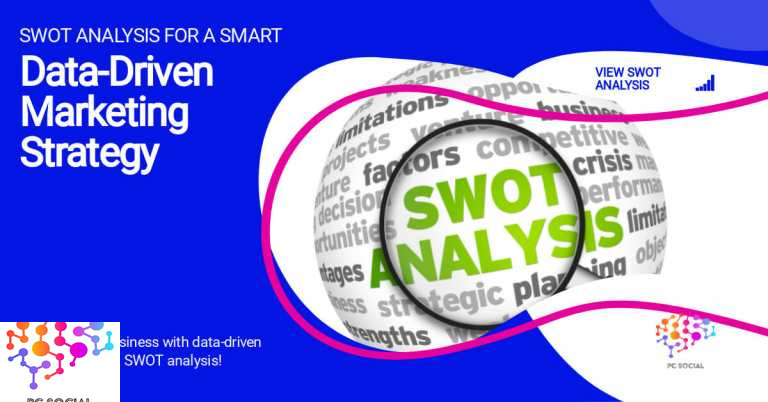
- By: Fernando Perez
- Date: 12th Jan 2023
SWOT Analysis for a Smart Data-Driven Marketing Strategy (Interactive Guide)
- 8 min read
- 1 comment
A SWOT analysis can help businesses evaluate the potential benefits and risks associated with data-driven marketing.
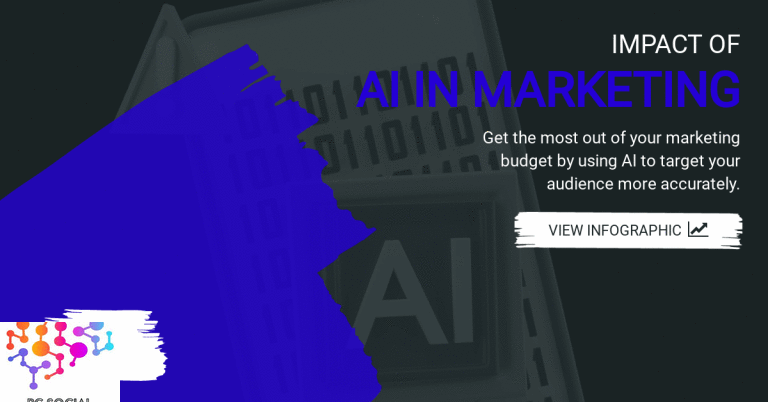
- By: Fernando Perez
- Date: 24th Dec 2022
Impact of AI on Marketing Infographic
- 11 min read
- 2 comments
Artificial Intelligence is changing marketing. Learn more about AI in infographic.
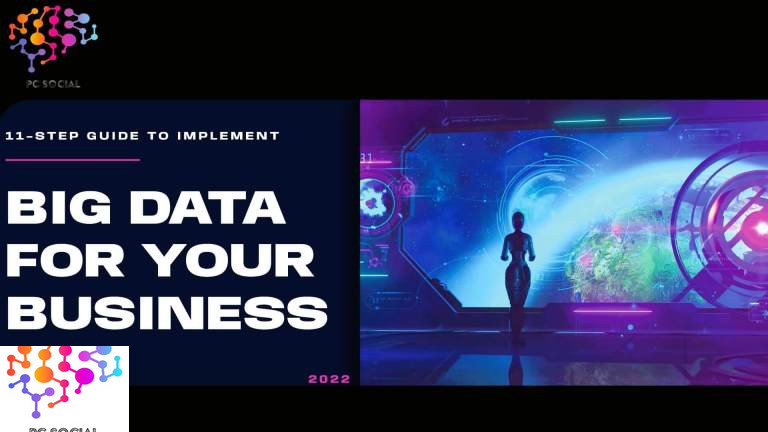
- By: Fernando Perez
- Date: 23rd Oct 2022
11-Step Guide to Implement Big Data For Your Business
- 1 min read
- 0 comment
Big Data—the term used to describe the deluge of information that is being collected, collated, and brought online.
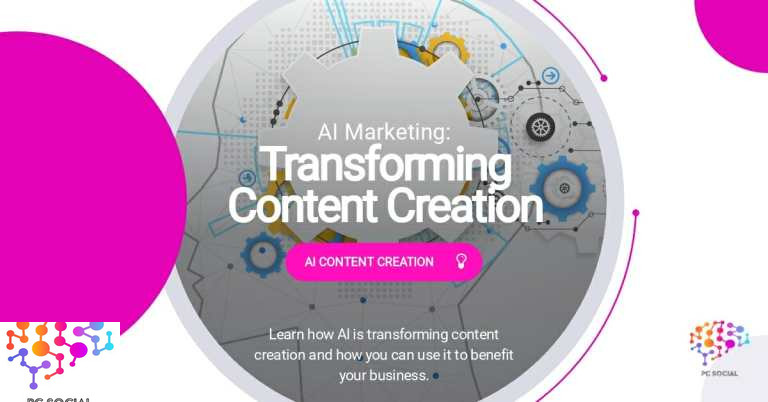
- By: Fernando Perez
- Date: 26th Aug 2022
AI Marketing: How It’s Transforming Content Creation
- 21 min read
- 1 comment
One of the most exciting applications of AI is in the field of content creation. AI-driven content is revolutionizing the way businesses create and manage …
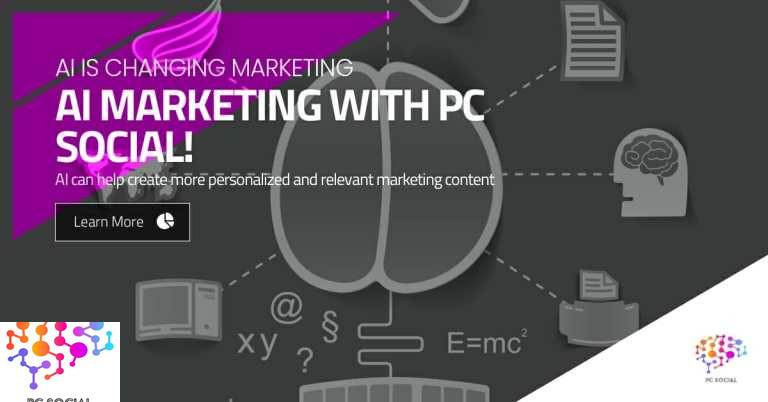
- By: Fernando Perez
- Date: 24th Jul 2022
How AI is Changing the Marketing World
- 28 min read
- 0 comment
How AI is Changing the Marketing World AI is changing the marketing world by automating tasks, making them easier for marketers to complete, and increasing their …
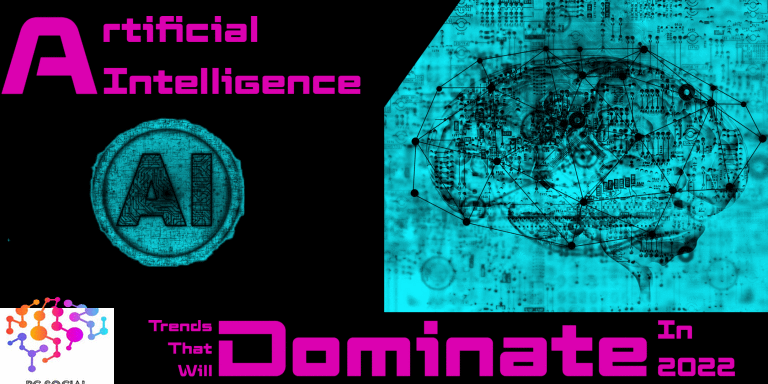
- By: Fernando Perez
- Date: 4th Mar 2022
Artificial Intelligence Trends That Will Dominate In 2022
- 28 min read
- 7 comments
Artificial Intelligence Trends That Will Dominate In 2022 In 2022, businesses will be using artificial intelligence (AI) in more innovative ways than ever before. Some of …

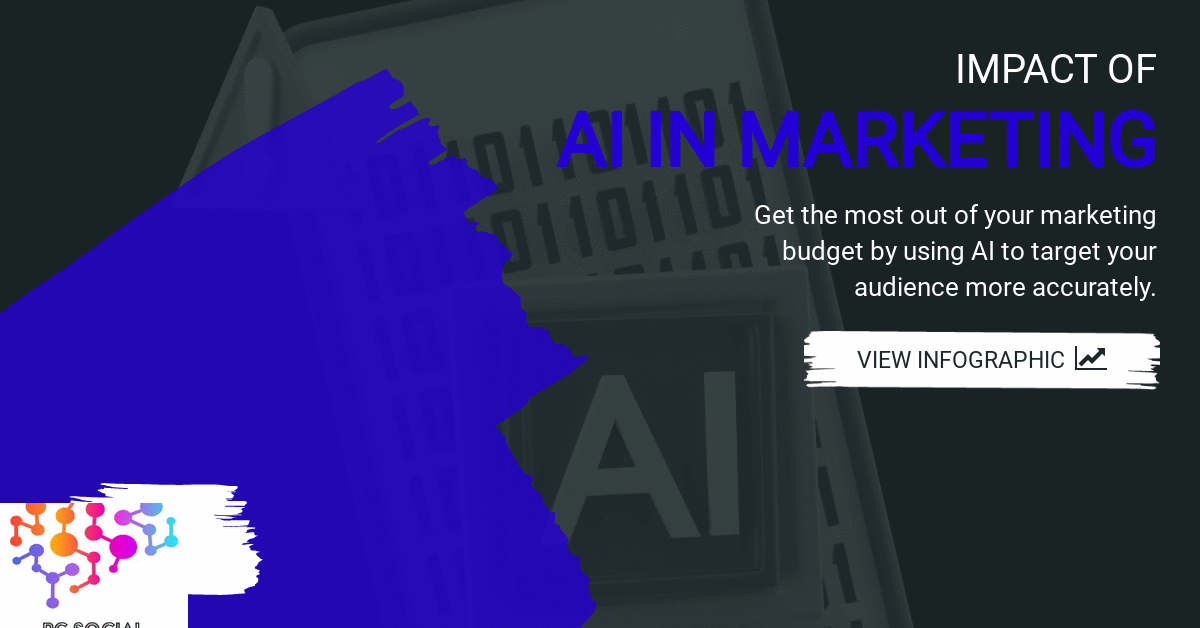
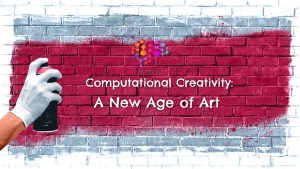
2 Comments
thebulldogbreeder23
June 13, 2023<3 The Blog
Wow, this infographic on the impact of AI on marketing is so informative! It's amazing to see how much AI is already changing the game for marketers, and I can't wait to see what the future holds. Thanks for sharing this!
Fernando Perez
June 13, 2023Thank you for following us! Let us know if there is any topic in Digital Marketing or Business Intelligence, and we can tackle it in one of our featured blogs.